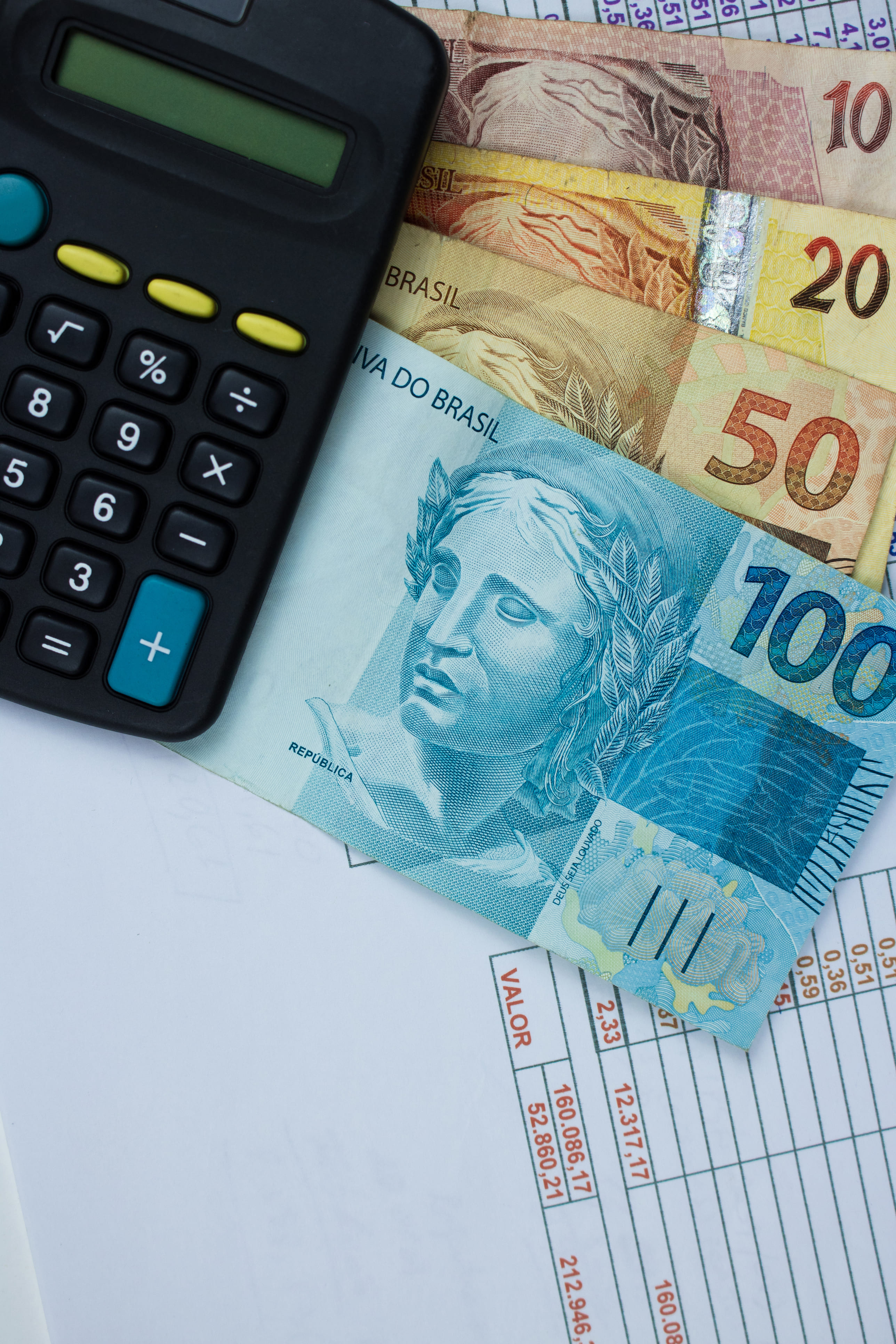

With the world’s largest area of tropical rainforest, Brazil is well positioned to play a key role in developing the global carbon credit market. And there are even more reasons why this growing market holds opportunities for investors in Brazil.
There is a growing global interest in green assets and sustainable investments. The Brazilian market and legislators are open to this potential and already taking steps to make the country’s carbon credit market more attractive to investors. Brazil is a pioneer in this area and fast becoming an attractive proposition for domestic and overseas investors alike.
Benefits of carbon credits
Carbon credits are just one of the tools we have to fight climate change. A carbon credit project means that instead of cutting down trees for profit making activities – cattle, logging, mining, or agriculture – the trees are preserved to reduce emissions and fight climate change. There are different types of carbon credit project, in addition to forest preservation. For example, reforestation where already degraded areas are restored, as well as sustainable agriculture projects.
The implementation of carbon projects in Brazil generates a range of benefits, beyond simply mitigating greenhouse gas emissions. The main benefits include:
1. Opportunities for Brazilian companies to attract international investment and become leaders in the transition to a greener more sustainable economy.
2. Job creation and training for those involved directly in forest maintenance and reforestation and indirectly in areas such as green technology, engineering and biology.
3. Improving local communities with sustainable income alternatives that deliver tangible benefits and improve quality of life, such as forest management or ecotourism.
4. Environmental preservation of critical ecosystems such as the Amazon, which host unique biodiversity, help conserve water resources and soil fertility, and protect against extreme weather events.
With Brazil’s energy matrix already being green, and most of the country’s emissions coming from deforestation and the fires used to clear land, carbon credits are an important tool for Brazil to reach its climate goals.
“Ultimately, carbon projects can play a transformative role in creating a virtuous cycle of sustainable development, where environmental preservation and the well-being of local communities are inextricably linked.”
Lucia Aragao, Partner, Vieira Rezende
Why Brazil for carbon credits?
Brazil has an incredibly rich biome, with different types of vegetation covering large areas of land. This includes the Amazon, the largest rainforest in the world representing over half of the planet’s remaining rainforests.
Due to the vast area of the Amazon rainforest that can be protected, Reducing Emissions from Deforestation and Forest Degradation(REDD+) carbon credit projects are particularly promising. These projects are validated by independent verification bodies such as Verra, Gold Standard, and Indigo.
It is estimated that Brazil has the capacity to supply up to 37.5% of the global demand for voluntary carbon credits and up to 22% of the demand in the United Nations regulated market over the next decade. What’s more, Brazil is a stable, democratic country with the legal framework needed to attract foreign investors. There are not the same concerns about regime change and instability that exist in other parts of the world with large rainforests, where carbon credits might otherwise hold potential.
Brazil has also learned from previous mistakes in this area. The government, public bodies, real estate offices, and exchange commission are all well established, stable and set-up to support a rigorous and effective carbon credit market.
ESG regulation grows the market
In December 2021, the Brazilian Securities Commission(CVM) issued a regulation that requires companies listed on the stock exchange, investment companies, and securitisation companies to include information on their ESG (environmental, social, governance) practices in annual reports. Enforcement of this new regulation applies as of 1 January 2026.
This new regulation means that the biggest companies inBrazil will be pushed to become more sustainable, as their ESG information will be made public. This presents an opportunity for the carbon credit market, as carbon credits are an accessible way for companies to reduce their carbon emissions.
As well as domestically, there’s a growing global market for carbon credits from companies that needed to reduce their emissions. For example, aviation companies that need to meet emissions targets set by their governments.
At the same time, it’s important that carbon credits are managed in the correct way. Growing global demand should bring a rigorousness to the carbon credit market in Brazil that will enhance its credibility. And more rigorous processes are being driven by a growing interest from the financial markets.
Classification as a security
Another factor that might make Brazil an appealing prospect for carbon credits is the potential they may be certified as a financial product. This would make Brazil the only country in the world where carbon credits are classified as a security that can be bought, sold or invested.
There are numerous reasons why Brazil is well placed to become a global leader in the carbon credit market. With changing legislationand regulations, the market has the potential for significant and rapid growth.And a large landmass with unique biodiversity offers opportunities for notonly the large scale, but also the high-quality carbon projects the marketdemands.



Want to stay updated with all of our
latest news and information? Enter
your email below and we’ll add you
to our mailing list.
.webp)